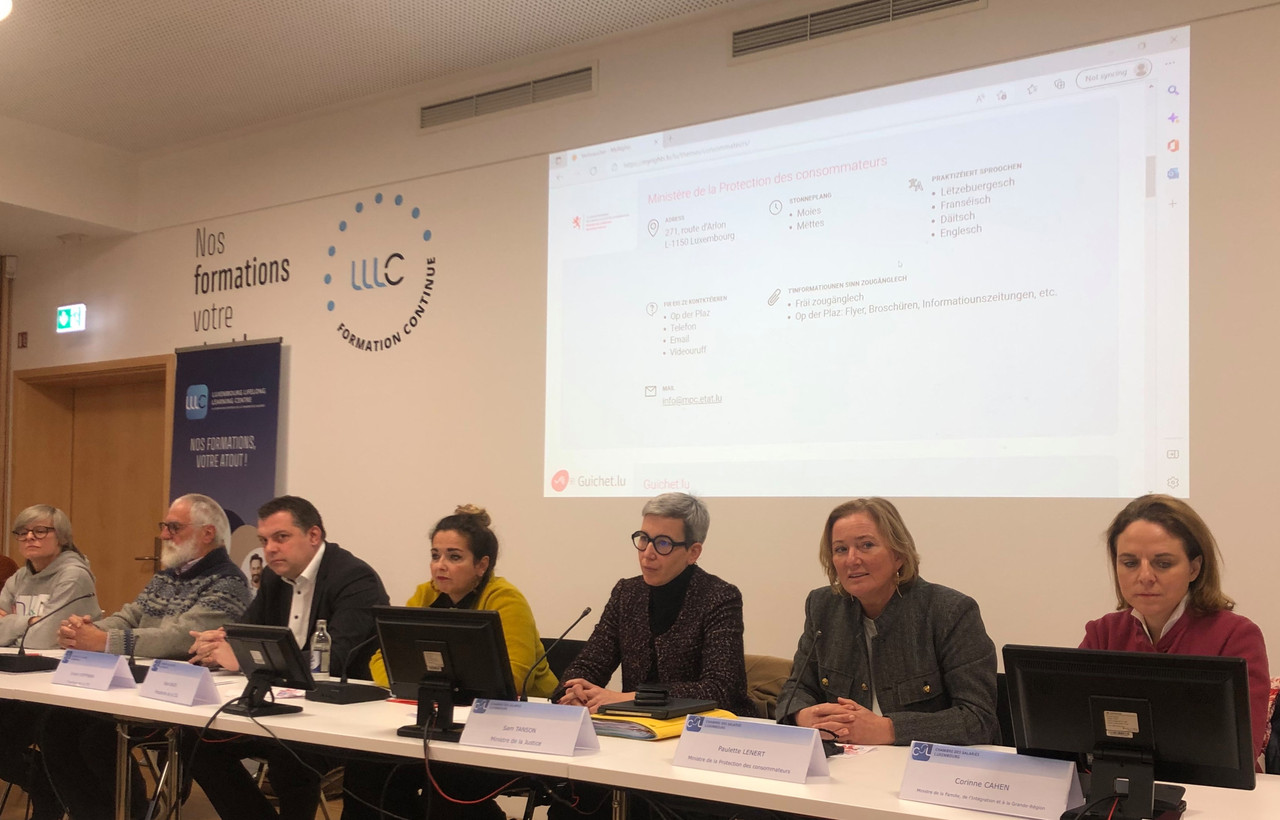The idea for came from Ronnen Dësch, a local collective working for better integration and equal access to Luxembourg society for all residents. For this project it collaborated with refugee housing NGO Oppent Haus. The aim: giving residents, who might otherwise be left in the dark, easier access to discovering “what their rights are and how they can get access to them.”
The website, available in English, French, German, Luxembourgish and Portuguese, is divided into several general themes and more specific subcategories. Among the main lines are the usual topics that cause trouble in the grand duchy: housing, education, work and health. As an example, a resident looking for legal guidance as they believe they were discriminated against in their search for accommodation, can visit the “Housing” section and select the “Discrimination” tab. The website will then list organisations in Luxembourg that can help them.
The Chamber of employees (CSL) supported the development of the project alongside the country’s social offices, the Young Bar association (Conférence du jeune barreau du Luxembourg), the Customer protection union (ULC), as well as the ministries for justice, consumer protection and integration--represented at the event by ministers Sam Tanson (déi Gréng), Paulette Lenert (LSAP) and Corrine Cahen (DP) respectively. The different players also provided information to the Ronnen Dësch volunteers who prepared the website.
Read also
The website is “not a book containing all the laws”, Serge Kollwelter of Ronnen Dësch stressed during his presentation, but instead should serve as a tool for intermediaries or residents who don’t know where to look up their rights in certain cases. Justice minister Tanson added that the website was “very important” as writing out laws to protect rights are only good if people know about them.
A couple of details might, however, cause trouble for some users. Indeed, while the website is fully multilingual, the links it leads to are not guaranteed to be. “This shows that there is still room for improvement in our multilingual country,” acknowledged Kollwelter when asked. Some links also only lead to an organisation’s landing page, which could lead to confusion during the search for precise information. In cases like these, Kollwelter recommends that visitors call up the organisations’ numbers as they have been listed on the platform.
